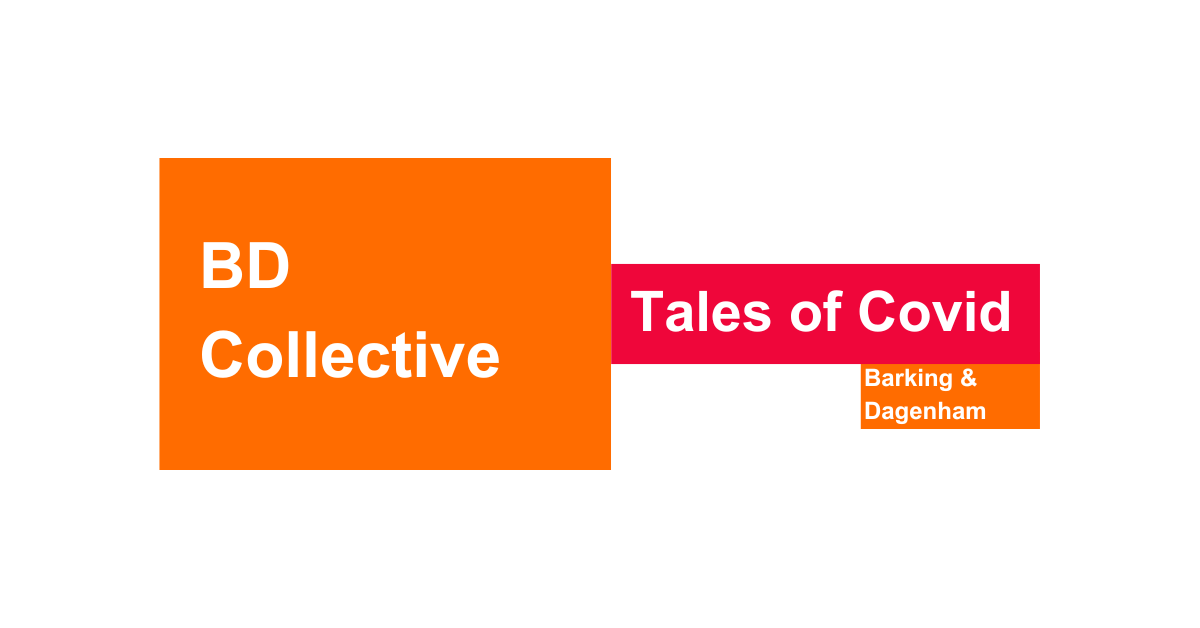Barking and Dagenham in East London will always be known as the borough that used to host the massive Ford factory; the gradual withdrawal of the American car company over the years has hit the employment statistics of the borough, and like several other boroughs, it has spent decades battling the issue of deindustrialisation with all the consequent funding demands that entails.
The largest proportion of not-for-profit organisations in the borough are faith based. BD Collective is the organisation which brings together the social and civic groups of the borough under one strategic umbrella, and towards the end of 2020 they commissioned a fascinating report by Civil Society Consulting detailing how the voluntary and community sector experienced the pandemic.
The report
Many of the report’s conclusions will apply to other areas of London, and are worth reviewing in some detail. Over three-quarters of all organisations in the borough were able either partially or completely to move to online service delivery. Over two thirds of organisations developed new ways of delivering services to clients as a result of lockdown, although this process also highlighted the key issue of digital exclusion amongst more deprived residents. Social distancing and online operations meant that there was significantly less interaction between different social, racial, ethnic and religious groups in the borough.
Many respondents to the report suggested that this reduction in social mixing risked increasing perceived differences between groups and could jeopardise the strong foundations of community cohesion which had existed before. Forty per cent of organisations had a budget deficit resulting from the Covid-19 crisis, with half of them seeing funding as their biggest challenge for the future.
Half of all respondents expressed significant levels of anxiety that many funding avenues have stopped with little information on their future viability. By the end of 2020, many smaller organisations in the borough were still waiting anxiously for the outcome on funding decisions. Several organisations raised concerns about the medium term sustainability of their operations given the burnout and exhaustion experienced by their staff during the pandemic.
However, organisations also noticed that the volunteers who joined up during the pandemic came from increasingly highly-qualified backgrounds, perhaps as many of them had been furloughed from their normal jobs. Despite the many concerns, BD Collective concluded that the experience of the pandemic had brought about a refreshed civic infrastructure in Barking and Dagenham, with the sector robustly contributing to a strategic role in the borough’s pandemic response, and giving vigour and enthusiasm to the Council’s VCSE strategy.
***
Thank you for reading. Check out the full Tales of Covid report for more stories.
Follow us on socials:

